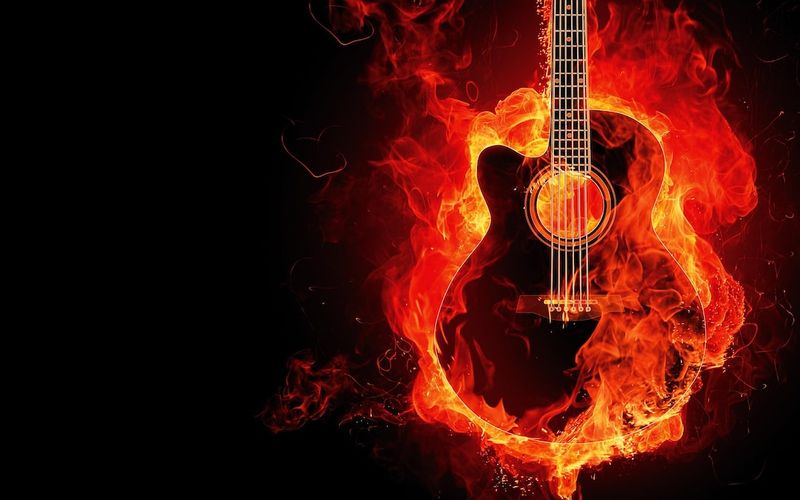Baseball Faces Ethical Dilemma: The Suspension of Jimmy Cordero
A Moral Quandary in America’s Pastime
The recent suspension of Major League Baseball (MLB) player Jimmy Cordero has once again brought to the forefront the ethical dilemmas that confront professional sports. Cordero, a pitcher for the New York Yankees, was suspended for ten games due to his involvement in a bench-clearing incident. While suspensions in professional sports are not uncommon, this particular case raises deeper questions about the responsibilities of athletes both on and off the field, and the role of professional sports leagues in shaping society’s moral code.
The Role of MLB in Setting Domestic Policy
Professional sports organizations like MLB have often found themselves in a unique position, inadvertently being thrust into the role of societal arbiter. The actions and behavior of athletes, whether positive or negative, often have a significant impact on their legions of fans, particularly the younger ones who view them as role models. As a result, professional sports leagues are compelled to take action, not only to protect the integrity of the game but also to maintain their credibility and influence over their audience.
In the case of Jimmy Cordero’s suspension, it is worth considering whether MLB overstepped its boundaries in intervening in a domestic dispute that occurred off the field. While it is no doubt essential for athletes to conduct themselves responsibly as public figures, it is important to question whether their actions outside the realm of professional sports fall strictly under the jurisdiction of the league.
The Philosophy of Athletes as Role Models
The concept of athletes as role models has long been debated, with differing viewpoints on the matter. Some argue that athletes should be held to a higher moral standard due to their elevated status and the influence they wield over fans. Others contend that athletes should be judged solely on their performance in their respective sports and that their personal lives should remain separate and private.
This philosophical debate underscores the broader tension in society between personal responsibility and public expectations. It asks us to consider the extent to which public figures, like professional athletes, are obligated to act as exemplars for the greater good.
Editorial: Striking a Balance
While discussing this issue purely from an academic perspective is important, it is equally crucial to consider the practical implications of the decisions made by professional sports leagues. Supporters of MLB‘s actions would argue that by suspending Jimmy Cordero, the league sends a strong message that it will not tolerate any form of misconduct, on or off the field. This stance helps shape societal values and reinforces the notion that abusive or violent behavior has no place in our communities.
However, critics of MLB‘s decision might claim that the league is overreaching, infringing on personal privacy, and overplaying its role as a moral regulator. They argue that focusing on off-field conduct detracts from the primary purpose of professional sports – entertainment and competition.
Advice for Professional Sports Leagues
As professional sports leagues navigate these moral quandaries, it is important for them to establish clear guidelines and policies that address both the on-field and off-field behavior of their athletes. The enforcement of these policies should be consistent and transparent, while also taking into consideration the specific circumstances of individual cases.
Additionally, it is in the best interest of leagues to collaborate with relevant stakeholders such as player associations, legal experts, and public figures to ensure their decisions are well-informed and fair. Engaging in open dialogue will help strike the delicate balance between holding athletes accountable for their actions and respecting their privacy and individual rights.
In conclusion, the suspension of Jimmy Cordero has highlighted the complex ethical dilemmas that professional sports leagues such as MLB face. Balancing the responsibility of athletes as role models and the need to foster a fair and competitive sporting environment is no easy task. However, by approaching these issues with thoughtfulness, transparency, and collaboration, professional sports leagues can play a meaningful role in shaping society’s moral code while remaining true to their core mission of providing entertainment and competition to their fans.

<< photo by SANHG W >>
The image is for illustrative purposes only and does not depict the actual situation.
You might want to read !
- Luxury, Politics, and Controversy: Exploring Michael Rubin’s Opulent Hamptons Haven
- The Reshaping of the San Diego Padres: Cruz Designated as Team Shifts Towards a More Versatile Bench
- Battle of the Giants: LA Galaxy Stun LAFC in Historic Rose Bowl Showdown
- Wimbledon 2023: The Weather’s Grip on Novak Djokovic’s Quest
- 2023 Gold Cup: Analyzing the Mexico vs. Qatar Match-up
- “Homecoming Hero: Grizzlies Bring Back Derrick Rose to Reignite Memphis Basketball”
- Mike Trout Out Indefinitely: What Does This Mean for the Angels and MLB?
- The Timeless Relevance of Ven. Fulton Sheen’s Perspective on the Declaration of Independence
- Upholding Tradition: The State of KU Sports in the Modern Era




